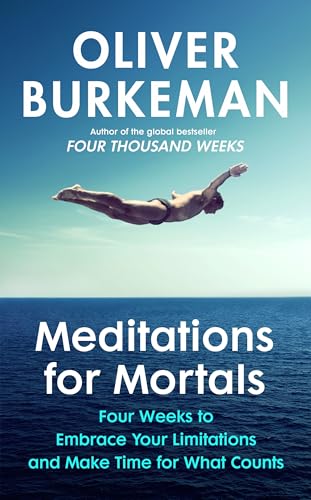What do you think?
Rate this book


181 pages, Hardcover
First published September 12, 2024





”What I eventually figured out - not that it ever seems to get particularly easy - is that other people’s negative emotions are ultimately a problem that belongs to them. And you have to allow other people their problems. This is one more area in which the best thing to do, as a finite human with limited control, is usually not to meddle, but to let things be.”